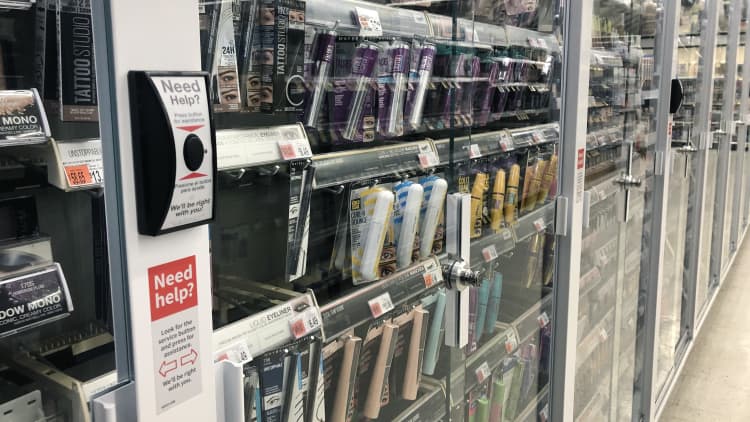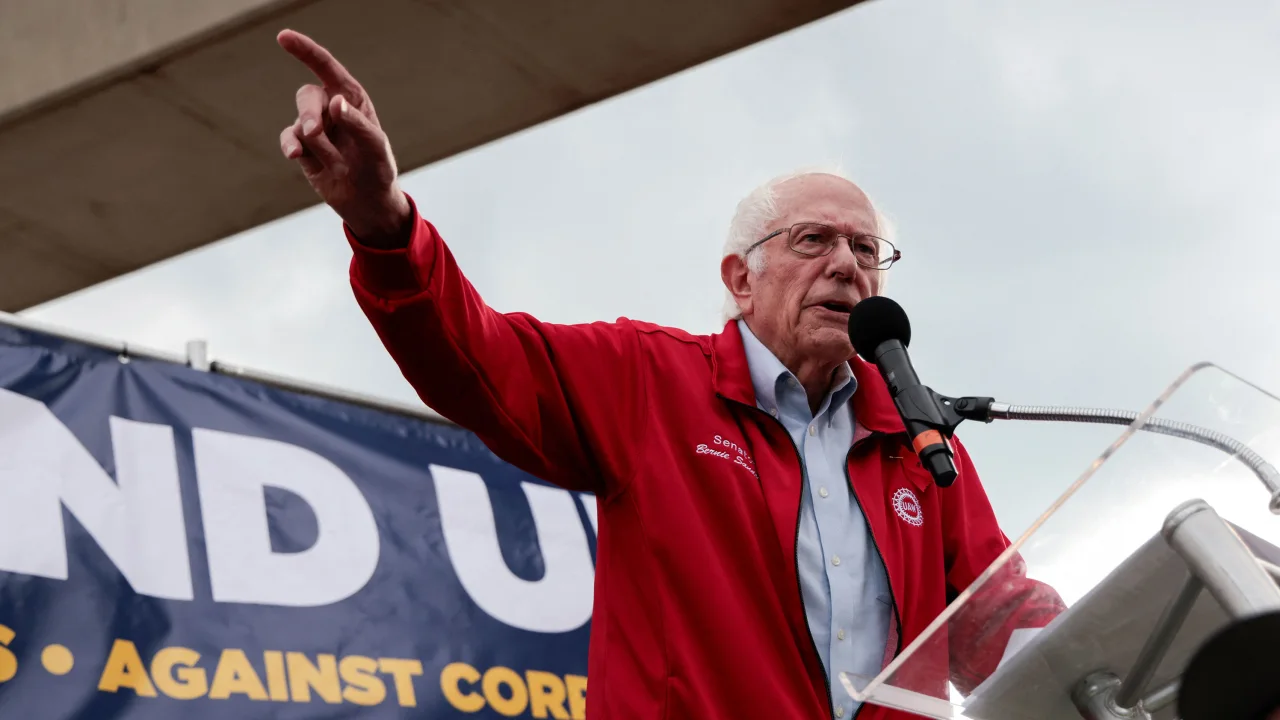The retail industry and trade associations actively drive a surge in legislative initiatives aimed at curbing organized theft. These initiatives, powered by the collective influence of retailers, seek to draft and pass bills that impose more stringent penalties for retail crime. As retailers grapple with the mounting losses caused by theft, they are increasingly turning to lawmakers to address this issue, leveraging their economic impact and policy-shaping power.
Economic Significance: Influential Position of Retailers
The retail sector holds a substantial position in the economy, employing millions and making a significant contribution to the GDP. The potential closure of major retail outlets due to theft-related losses not only jeopardizes jobs but also disrupts access to essential goods for local communities. Recognizing the economic stakes, lawmakers feel compelled to take decisive action to safeguard the interests of retail establishments.
States Take Action: Strengthening Laws to Counter Organized Retail Crime
Since 2022, at least nine states, with an additional six this year, have passed legislation aimed at intensifying penalties for organized retail crime. The objective is to deter organized theft and target the leaders of criminal networks orchestrating these activities. Retailers are harnessing their lobbying power to advance these bills, capitalizing on the current political environment where a tough stance on crime resonates with both legislators and the public.
Driving Change: Retailers Associations Lead the Way
Influential retail industry associations underpin these legislative endeavors, actively shaping the contours of these bills and advocating for their passage. The National Retail Federation (NRF), a prominent industry trade association, serves as a prime example. The NRF played a pivotal role in formulating the Combating Organized Retail Crime Act (CORCA), a bill aimed at bolstering penalties for theft offenses and enhancing coordination between retailers and law enforcement agencies.

Critics Raise Concerns: Effectiveness and Unintended Consequences
While these laws’ underlying motive is to curb organized retail crime, critics express doubts about their potential effectiveness. They draw parallels to the fight against drug trafficking, an endeavor that has encountered challenges in dismantling criminal networks. Detractors also voice apprehension that the heightened penalties could disproportionately impact marginalized groups and inadvertently trigger negative outcomes.
Retailers and Lack of Transparency: Uncertainty Surrounding Costs of Retail Crime
While retailers attribute rising crime rates to the cause of inventory losses, comprehensive data to substantiate these claims remains elusive. Some experts speculate that retailers might attribute their internal shortcomings to crime. The lack of transparency casts doubt on the actual extent of theft’s impact on their profits. With major retailers poised to unveil second-quarter results, further insight into the costs of retail crime may emerge.
Legislative Endeavors: The Inform Act and CORCA
Enacted in June, the Inform Act mandates online marketplaces to disclose information about high-volume sellers to discourage the trade of stolen goods. The legislation aimed to counter organized retail crime by obstructing the anonymous resale of pilfered items. Currently, retailers are directing their attention to CORCA, a bill proposing stricter penalties for theft offenses and seeking to equip retailers with more effective tools to combat organized theft.
Striking a Balance: Addressing Fundamental Causes
While the current legislative focus centers on more severe penalties, critics assert that addressing root causes is equally vital. A significant portion of individuals involved in theft come from marginalized backgrounds, grappling with issues such as poverty, mental health challenges, or substance abuse. Experts advocate for a holistic approach, combining law enforcement interventions with public health initiatives to address the underlying problems fueling organized theft.
Impact on Policy: Retail and Legislation Nexus
The influential status of the retail sector in the economy translates into substantial lobbying influence and sway over policy decisions. Lawmakers frequently prioritize safeguarding retail establishments due to their economic contributions and community impact. However, critics emphasize the need to avoid an overemphasis on punitive measures, highlighting the necessity of tackling fundamental issues.
Pursuing Effective Solutions: A Complex Endeavor
The drive for stricter penalties to counter organized retail crime underscores a multifaceted challenge necessitating a balanced approach. While harsher laws may hold repeat offenders accountable, they may not necessarily lead to a reduction in organized theft. Addressing this issue calls for a comprehensive strategy encompassing law enforcement efforts, public health initiatives, and tackling root causes. The role of the retail industry in shaping policies remains pivotal in devising effective solutions to combat organized theft.



